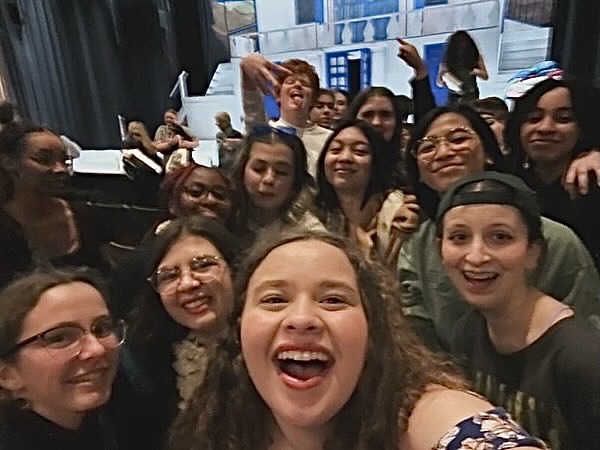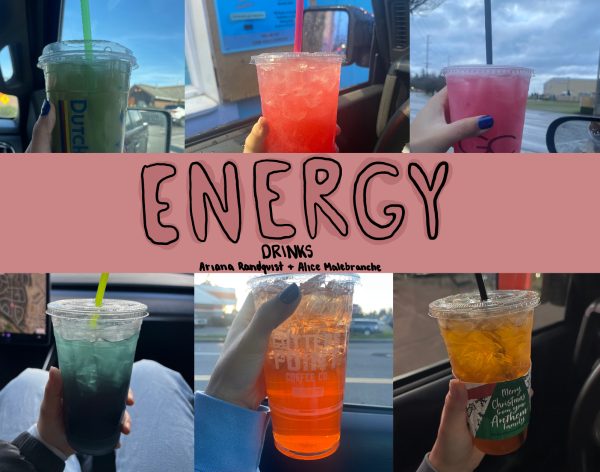Netflix and women
Pulling up Netflix, it is easy to get overwhelmed with the bombardment of recommendations. Queues become littered with eye candy, attempting to trap a binge-watcher. Examining these images it is not too hard to see a common pattern. They are filled with images that are just on the verge of being hyper sexualized. Interestingly enough, it seems that even Netflix uses gender biases to draw in their crowds, often favoring images that hypersexualize women over men.
Although these images rotate, those that focus on the female body tend to stay at the top of the recommendations for longer periods of time, since they are most often Netflix original series. The popular show, “Bridgerton,” a dramatic period piece, is flagged with an image of a woman being corseted. “The Patriot Act” with Hassan Minaj has an ironic image of the comedian standing in front of an art piece that hints at being woman’s genitalia. Netflix even markets a show called “Easy,” with two female legs in the air with underwear around the feet as the image drawing viewers in.
Now, it should be noted that Netflix does not just use sexual images of women to target audiences, because in fact many male-objectifying images can be found swirling around the platform. And this article is not meant to minimize any hypersexualization of men, but rather to highlight the female experience and collect opinions from young women about whether viewing bodies in this manner is empowering or just fueling a toxic narrative.
All in all, the question is whether or not these narratives have any place in the modern society?
The answer is not as cut and dry as society may hope. It is undeniable that women’s bodies used in a sexual manner sells. Yet, the line between exploitation and celebration is blurred. Therefore, each case must be taken separately based on the context of each show.
Yet some universals are true. Netflix should not use the images of hypersexualized versions of women for their recommendations or top ten options. This is because often young children have access to Netflix and can have their self image shaped by how they fit into the mold. Instead Netflix should only provide these images when the shows are actively searched out.
Netflix has a responsibility to help young women feel empowered and not fear that they will just be sexualized in the future. Yet it falls on the viewer to advocate for this change.

Regan Marsh is a senior who has an enthusiasm for theater. In her free time, she enjoys writing, drawing and being active. She helps run Bellarmine’s...










